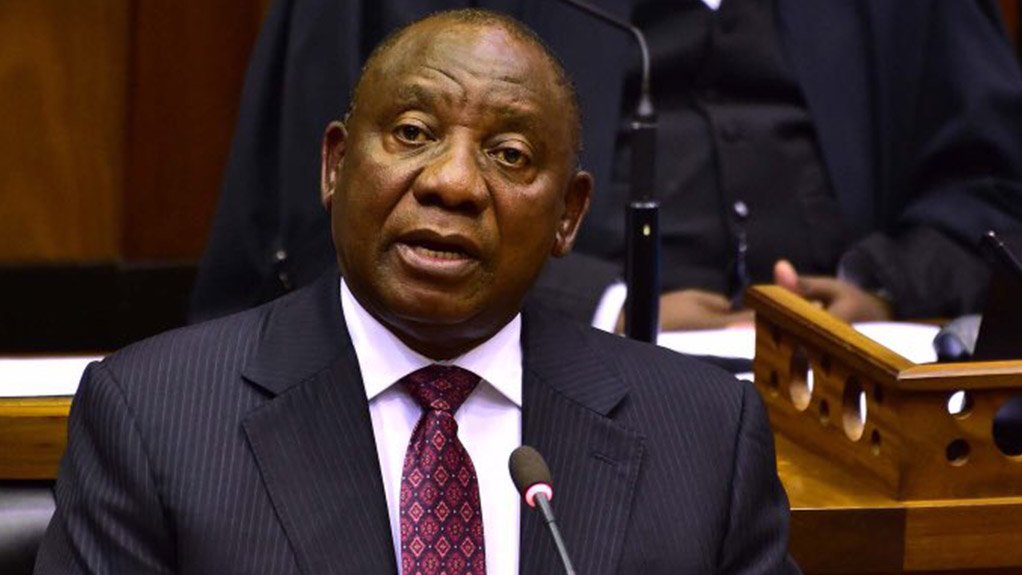/ MEDIA STATEMENT / The content on this page is not written by Polity.org.za, but is supplied by third parties. This content does not constitute news reporting by Polity.org.za.
The ANC government has been running an unsustainable budget for many a year – and they are well aware of this, judging from the comments made by the National Treasury in the Medium Term Budget Policy Statement (MTBPS) released in November last year. In fact, government is well aware that it has been running unaffordable expenditure budgets over the past few years.
Yet, they stuck to it, thereby contributing to international rating agencies downgrading the country’s debt status to sub-investment grade, and increasing the interest rate at which government must borrow money to fund its unaffordable expenditure.
When an individual or company runs an unaffordable budget – where expenditure exceeds revenue by an increasing amount – they end up in a debt spiral with the repayment of debt becoming a growing component of their expenditure.
Government has on numerous occasions warned individuals to live within their means to prevent them from falling into a debt spiral, but the same government is now firmly within its own spiral. Debt service costs have risen to almost 13 cent of each rand collected in revenue (for 2017/18) – up from 8.8 cents in 2008/09. And this budget item is projected to rise to almost 15 cents within three years.
As a result of, among other things, the rising debt service costs bill, the government’s budget deficit has been growing steadily to a projected 4.3% of Gross Domestic Product (GDP) for 2017/18 compared to the original estimate of 3.1%. Government has been trying to finance this growing deficit by increasing the tax burden on consumers via bracket creep, increasing personal income tax rates on higher income groups, and introducing new taxes.
However, as the numbers show, this was not a successful ploy. It rather contributed to a slower growing economy as a higher tax burden (on individuals) contributed to less saving and spending, which in turn negatively affected investment, production and job creation.
Now, with Pres. Cyril Ramaphosa holding the reins, there exists a good chance that this negative cycle will be broken and replaced by positive outcomes.
The national treasury’s first step should be to convince government that the current expenditure levels are unaffordable in a climate of low economic growth and rising unemployment, and that a policy of increasing taxes every year will continue to stifle economic growth and employment. Put differently, in a low economic growth environment expenditure should grow by less than the economic growth rate – and not by more as has happened over the past decade.
It is precisely the policy of maintaining expenditure growth about 2% above economic growth that landed government in its current debt spiral. We need the minister of finance to cut expenditure levels so that the fiscal deficit decreases to below 3% of GDP.
In addition, as Ramaphosa implied, government expenditure should become productive expenditure. This will require better service delivery by civil servants and a large reduction in wasteful expenditure.
Furthermore, government should stop raising taxes just to finance expenditure. Taxes should be levied in such a manner that the economy’s growth potential is increased. The same applies to expenditure. It would be a welcome addition to the minister’s budget speech if he could show how each tax, as well as the increase in such tax, improves the economy’s growth and job creation potential – the same applies to expenditure.
Government is in need of more revenue. The tax base is however just too small to sufficiently and efficiently collect more revenue. The best internationally proven way to collect this is to increase value-added tax (VAT) by 0,5%-1%, but at the same time ensure that the poor are not affected by higher VAT rates by, for instance, exempting certain products, or increasing grants to allow them to still afford their food baskets.
This, coupled with some sort of bracket creep on the higher middle to high-income groups, should contribute to more revenue collection, which can assist in financing a lower expenditure level. It will also be the least disruptive and distortive method, and best suited to improve the country’s economic growth and job creation rate.
On the detail side, we desperately need ways to increase employment among the youth; the state of individual health; better infrastructure; fewer bail-outs to state-owned companies such as SAA, Eskom and others, and an indication that departments that don’t toe the line will be held accountable for wasting taxpayers’ money.
Issued by UASA
EMAIL THIS ARTICLE SAVE THIS ARTICLE ARTICLE ENQUIRY
To subscribe email subscriptions@creamermedia.co.za or click here
To advertise email advertising@creamermedia.co.za or click here











